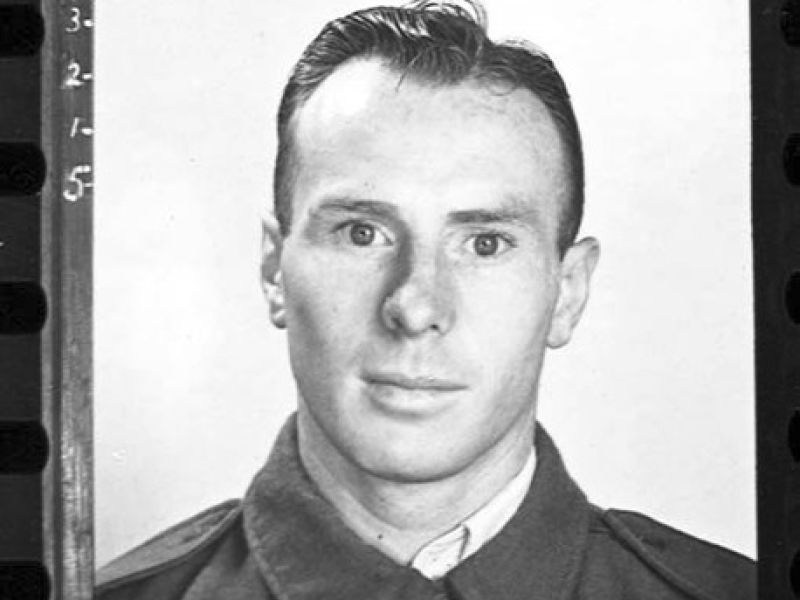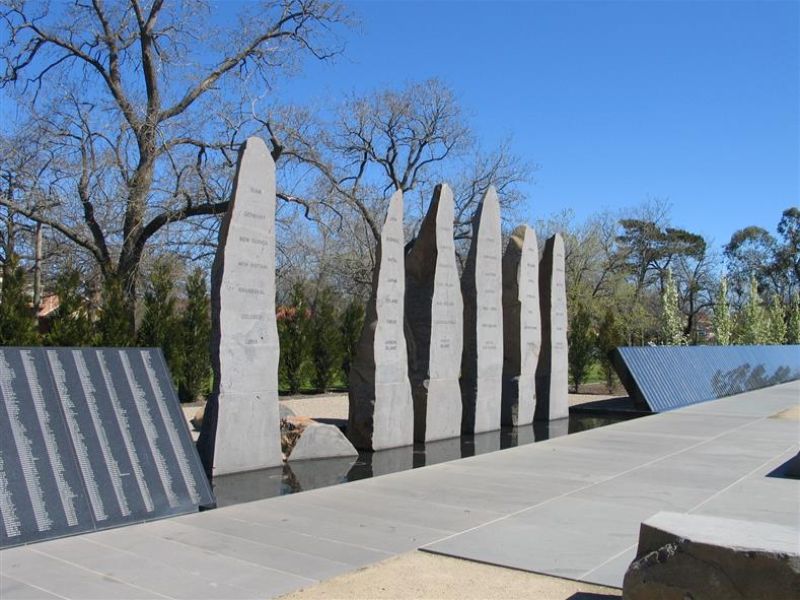NX67306 Sapper Arthur Walter Bird, HQ 8th Division Royal Australian Engineers, Second Australian Imperial Force
Arthur Bird was born on 9 January 1917 in Lithgow, New South Wales, to Walter and Pearl Myra Bird. He had an older sister, Ivy. His father had served with the Militia and the 4th Battalion, enlisting in July 1918 and travelling overseas, but had arrived after the Armistice. Nevertheless he remained in Europe until August 1919.
Arthur Bird worked as a pastry cook, and in 1936 married Beryl Marjorie Miller. He was living in Orange when he enlisted with the Second Australian Imperial Force on 11 July 1940. He spent some months in the motor workshops, and in January 1941 was posted to the 8th Division Royal Australian Engineers. He embarked for Singapore on 17 September 1941, arriving in October.
Following Japan’s entry into the war in December 1941 the units of the 8th Division were involved in fierce fighting against the Japanese forces on the Malayan peninsula. On 14 February 1942 Commonwealth forces in Malaya were forced to surrender, and Sapper Bird was among the 45,000 British and Australian troops who became prisoners of war.
He was initially held at Changi prisoner-of-war camp, but the Japanese soon called for working parties to build and expand new infrastructure across their empire. In July Bird volunteered with B Force, which left for Borneo in July 1942. The men had been assured of better food and conditions, but the almost 1,500 members of B Force found themselves on a hellish sea journey, crammed into the cargo holds of the Ubi Maru for 11 days before arriving at Sandakan.
Conditions at Sandakan soon devolved into some of the worst experienced by prisoners of the Japanese. Prisoners, including the sick, were forced at gunpoint to work on the construction of a military airstrip, and were often beaten by their captors. Illness and death ravaged the camp, and food was scarce.
The completed airfield was soon beset by Allied aircraft bombing, and between January and March 1945 those prisoners who could be made to walk were forced into a series of marches west to Ranau – a distance of around 260 kilometres. Bird was among the 455 fittest prisoners forced into undertaking the first march.
The journey was horrendous. The Japanese guards refused to let the prisoners rest, and those too sick or weak to continue were left behind to die or executed by the guards. Just 309 men made it to Ranau. By the time the second wave of marching prisoners reached Ranau, this number was down to six. One of those six was Sapper Arthur Bird.
On 6 July, suffering beriberi and malaria, Bird could not stand to attend work detail. Two of his fellow prisoners tried to help him up, but he was knocked to the ground by a guard, who beat him for more than ten minutes. When the party returned hours later, Bird was still lying on the ground, and could not bear to be moved back to the hut. He lapsed into a coma and died on 8 or 9 July.
- Australian War Memorial https://www.awm.gov.au/collection/R1682594

 Australian War Memorial
Australian War Memorial